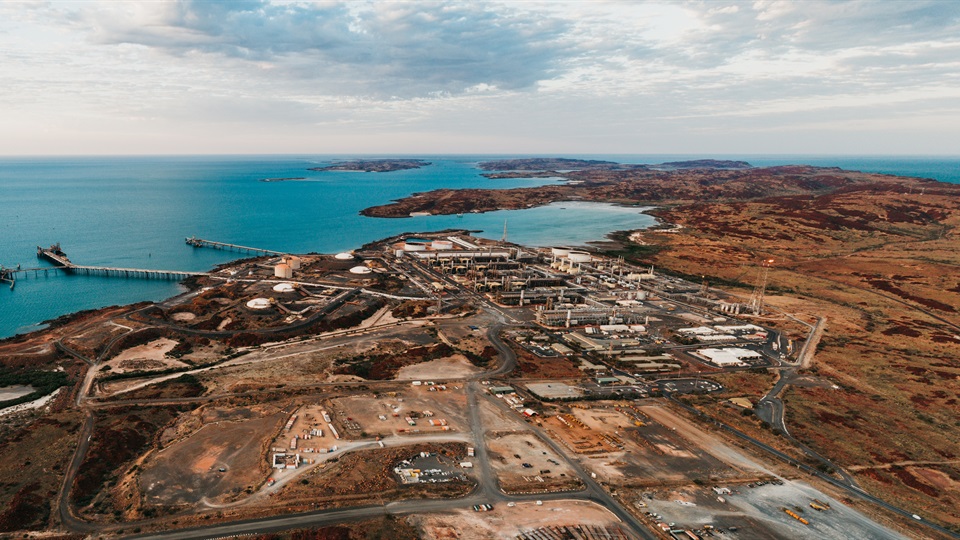Australian LNG player Woodside and partners have agreed to form a consortium to progress feasibility studies for a large carbon capture and storage (CCS) project near Karratha in Western Australia.
The two other partners include energy giant BP and Japan Australia LNG (MIMI). Mitsubishi Corporation and Mitsui & Co equally own the latter.
Woodside said in a statement the consortium brings together the “diverse capabilities of three industry leaders to assess the technical, regulatory and commercial feasibility of capturing carbon emitted by multiple industries.”
Moreover, the CCS project would capture carbon from industries located near Karratha on the Burrup Peninsula and store it in offshore reservoirs in the Northern Carnarvon Basin.
The study represents an “important step” towards the development of one of Australia’s first multi-user CCS projects, ideally located to aggregate emissions from various existing sources, Woodside said.
Also, it would help facilitate the development of new lower-carbon industries, such as the production of hydrogen and ammonia, by providing a local solution for emissions.
Woodside CEO Meg O’Neill said carbon capture and storage would play “a key role in Australia meeting its emissions targets and has the potential to decarbonize existing and new industry.”
“It would be an important addition to Woodside’s carbon management options as we work towards our own aspiration of net zero by 2050,” she said.
Woodside, BP, and Japan Australia LNG are partners in the North West Shelf LNG venture.
The Karratha gas plant, part of the venture, has five LNG trains with a capacity of 16.9 million tonnes per year. The facility also features domestic gas trains, condensate stabilization units and LPG units.

